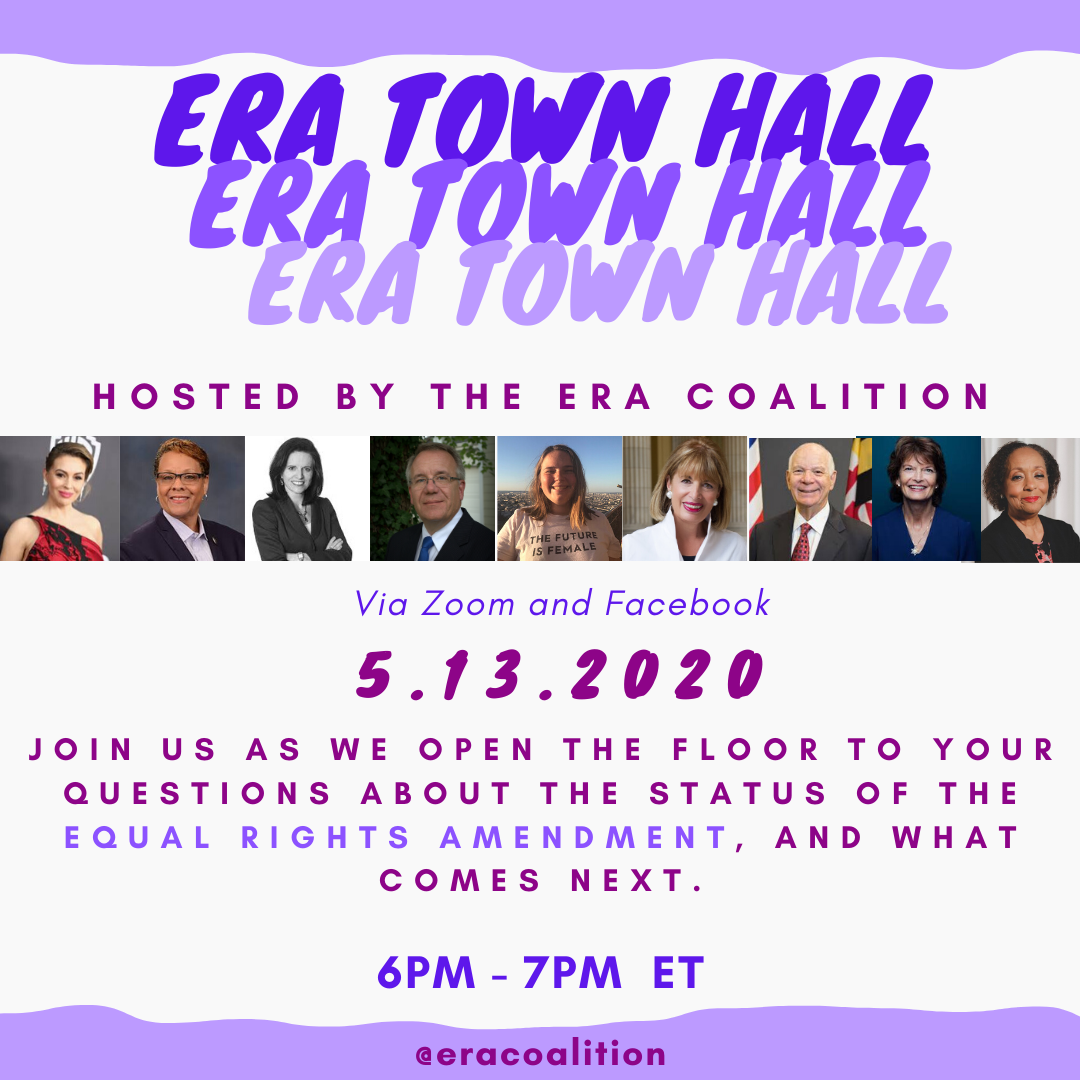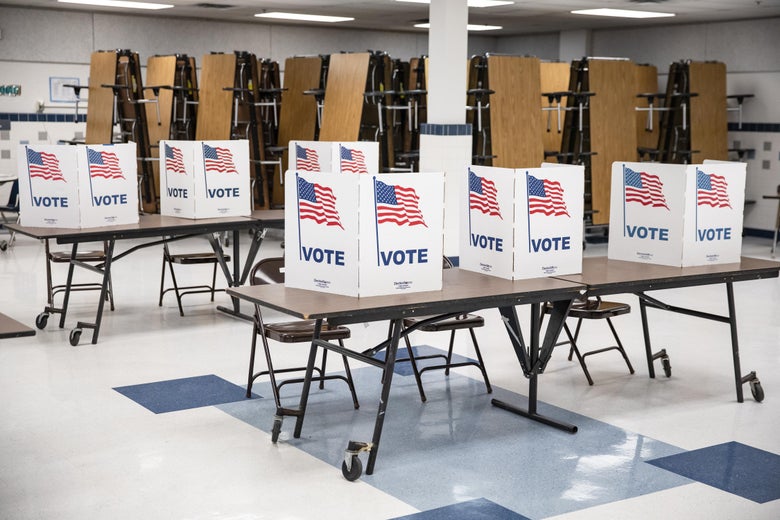This episode hits a little bit close to home. There are many things in my life that I regret, and most of them I can only blame myself, for sometimes AITA, am I the Asshole, yes.
For instance, there are two gentlemen I admire, look up to, and wish to emulate, both of who shown too bright and no longer consider me a friend. And, in both cases, it was because I was the Asshole.
A.K.
I’d known A.K. since college and always admired his intelligence, maturity, and thoughtful Canadian who I very much enjoyed talking to and doing things like discussing MST3K, watching RiffTrax together, and coding Python sprints. However, as my marriage started to dissolve, and after a brutal 2021 where I lost so much, continuing to hurt, I was finally starting to see the light as I was stressing over the planning for my half-century birthday bash, when all hell broke loose like a erupting volcano! The week before the festivities, the Supreme Court cast the perhaps worst ruling since Plessy v. Ferguson and Buck v. Bell when the corrupt court decided Dobbs v. Jackson. Of course, as an ERA warrior, I was dismayed, but as a new bachelor, I was apoplectic! Here I was, coming out of a marriage where I didn’t have any access to the one thing that monogamous relations restrict to the relations, I was terrified, incorrectly, I was about to be a bachelor entering a world where physical intimacy was impossible. Unfortunately, I said some things publicly which were reprehensible following the ruling and thus I Self-Sabotaged. A.K. blocked me on social networks and greenpdidn’t come to my party and since then he refuses to even hang out with me apart from allowing me to attend his Maryland Science Book Club. Yes, I was the 100% asshole.
D.B. and L.B.
Then there was time I was ready to start my Bachelorship and looking forward to spend more time with D.B. and L.B. Unfortunately, L.B., who I still care about deeply, got very sick from a nasty chronic condition, the same condition my late Aunt used to suffer from, so it became increasingly impossible to spend time with her. It got to the point that unless it was a very good day, she couldn’t even leave the home she shared with D.B.
L.B. and I were really good friends—we even talked about divorcing at the same time (unfortunately, it took me much longer to realize I needed to go). But, the thing is, it was her boyfriend D.B. who I really admired and wished to emulate. D.B. started a Dungeons & Dragons game before the pandemic and was kind enough to invite me to join. I was thrilled to be a part of the campaign and really enjoyed having him as dungeon master. But, L.B. got sick, and then the pandemic came, and we could no longer play D&D except over Zoom. I missed the personal interactions but I accepted the pragmatic limitations.
The thing is, D.B. and L.B. lived about an hour drive away, so whenever I was going to be close to where they were, I would send them a message asking if they were up to meeting. I didn’t think at the time that L.B. may not be up to meeting and was just sad at the repeated refusals. And so, I became an Asshole. I misinterpreted the refusals D.B. saying he and L.B. didn’t want to hang around with me, and said so, and after that I was blocked by D.B. and kicked out of his D&D game.
That loss caused me to truly hit an all-time low, confused about how I could have done so wrong, and finally forced myself to find a new therapist, since my old one was no longer covered by my insurance. In many ways, I think my mind reeling and making bad assumptions is very typical of an ADHD brain, and as that was the best explanation for why we were no longer friends, I posted a video trying to explain how I tend to self-sabotage, thinking I have friends I don’t deserve, and saying and doing things that fulfill my inner demon’s predictions where I will ultimately always say the wrong thing. Of course, me being an asshole, I didn’t realise the video should be interpreted as someone whining about being hurt by rejection when I only saw it as apologizing for overreacting to rejection. I tagged L.B. on social media and she interpreted it in the former way and began crying profusely while I was at work in the SCIF. It was so bad that my hero D.B. unblocked me just to tell me I did this to L.B. I was mortified and knew I could not say anything to defend myself, that anything I would say would make it worse, and I had to return to the SCIF. And, I had to be an asshole.
E.P.
After I started living on my own, I started dating a friend of mine I met through Bumble‘s BFF feature. E.P. and I got along great and when she suggested we become more than just friends, I ended my relationship at the time and started dating her. We had some awesome experiences together and I even cooked her Lobster on her birthday. But, as the summer drifted into autumn, we started to see less of one another. Then, last November, I had tickets to one of Taylor Tomlinson‘s last two shows on her Have It All tour. I got the ticket months earlier, constantly refreshing the app to get them as soon as they opened, while sitting in the parking lot of my work since I didn’t want to be in the SCIF when I made the purchase. As the day loomed neerer, I went out with a greedy woman who clearly wanted to just get the ticket out of me, and my friend L.S., who I really wanted to go with, was part of a press conference in New York, so she couldn’t make it. So, I ended up inviting E.P. I found out later L.S.’s conference was cancelled, but by then it was too late, as I’d already invited E.P.
E.P. and I had fun, and she got me a nice gift, making me want to return the favour. We weren’t intimate that time, though we had been before, mainly because I didn’t want her to think I was quid pro quo with her. I remember her mentioning she liked some special socks and wanted some special tea so I went and got some inadvertently crappy socks and really nice tea from Ireland. I tried and tried to meet up with her again, but things kept coming up. Finally, we set a date where we could meet for two hours. In the runup to our date, she texted me that her husband—yes, she was married, but she told me she was ENM and I’d have ended it otherwise—said she couldn’t go out. I, of course, being the asshole that I am, misinterpreted this and the husband saying she couldn’t go out that Thursday, and assumed we were still meeting that weekend. So I texted her a few times over the weekend, asking when she was going to get here, and accepting she might not make it. She never replied because of course she had told me she wasn’t going to make it. My overthinking mind misinterpret things and she blocked me. The asshole strikes again.
L.S.
Back in January, L.S., who I am quite attracted to romantically, invited me to a play to raise money for the homeless. I was excited to go and wanted to sit with her. I got their early and scanned the audience, but didn’t spot her. I looked and looks but L.S. was nowhere to be seen. So I found a seat in the third row, right and began to enjoy the performance of Annie. Midway through the third act, one of the actors escorted in a woman—L.S. I didn’t know at the time that he was one of the performers but I decided if L.S. had company, I wasn’t going to disturb her. So, at intermission, I ignored her. I intentionally kept to myself, reading the playbill. Like an asshole. I met her after the play and we did have a nice chat and she seemed to want to continue chatting but I had to get home before my Safety Score went up for driving after 22:00, raising my Insurance. And so I said goodnight, and left as the asshole I was.
AITA?
Actually, it’s complicated. In those situations, yes, I was an asshole. But am I an asshole? No! Most assuredly not. I admit I make mistakes because to see our own mistakes is the only way we can learn from them. So, I accept my poor behavior as being poor, but I’m the better man for it, for I learn from my self-sabotage and I do things differently. And that’s the point. Sometimes you can’t avoid being the asshole—but, unless you learn from it, you’re going to be the asshole again.
All this and more is covered in our episode on Self-Sabatoge.



Follow my socials!